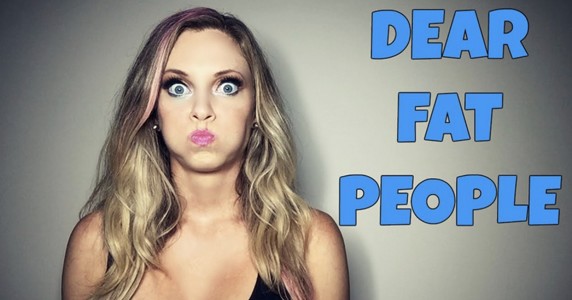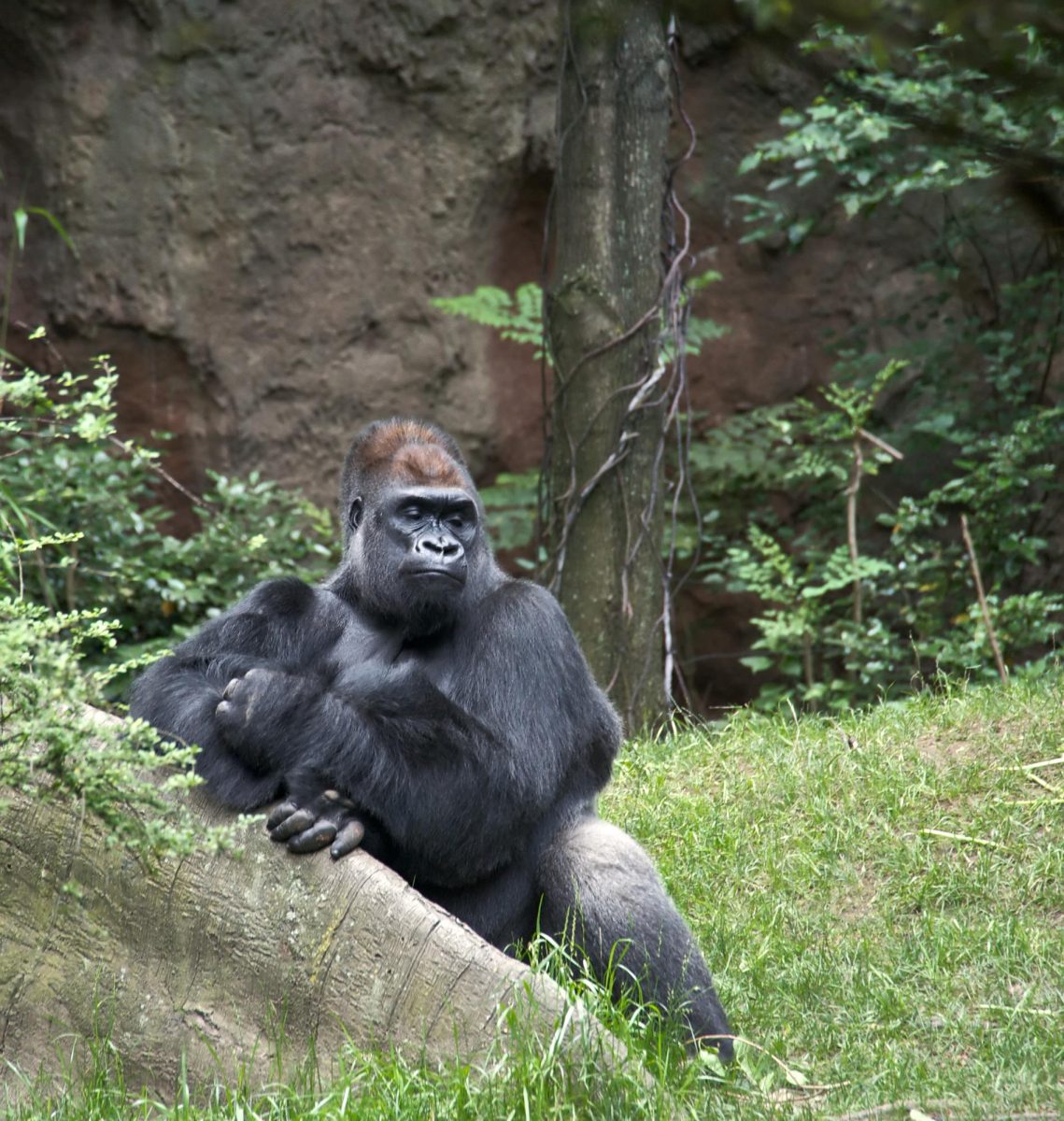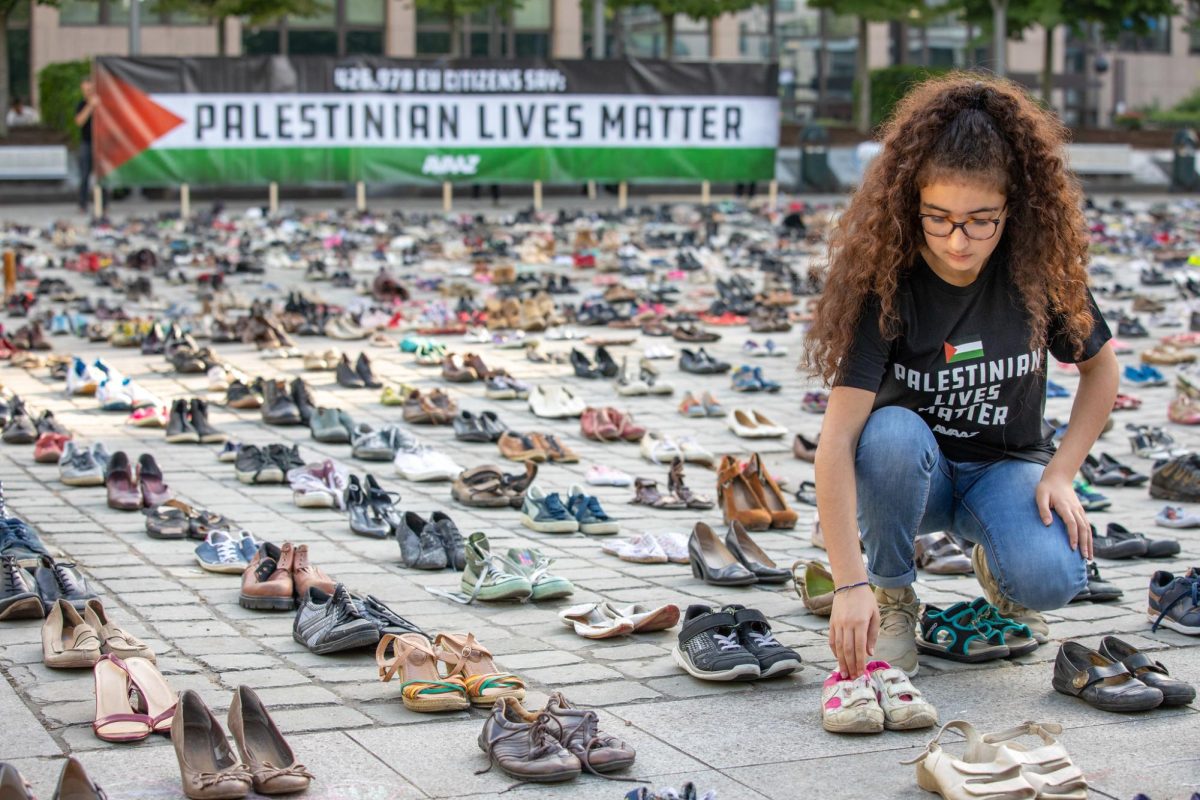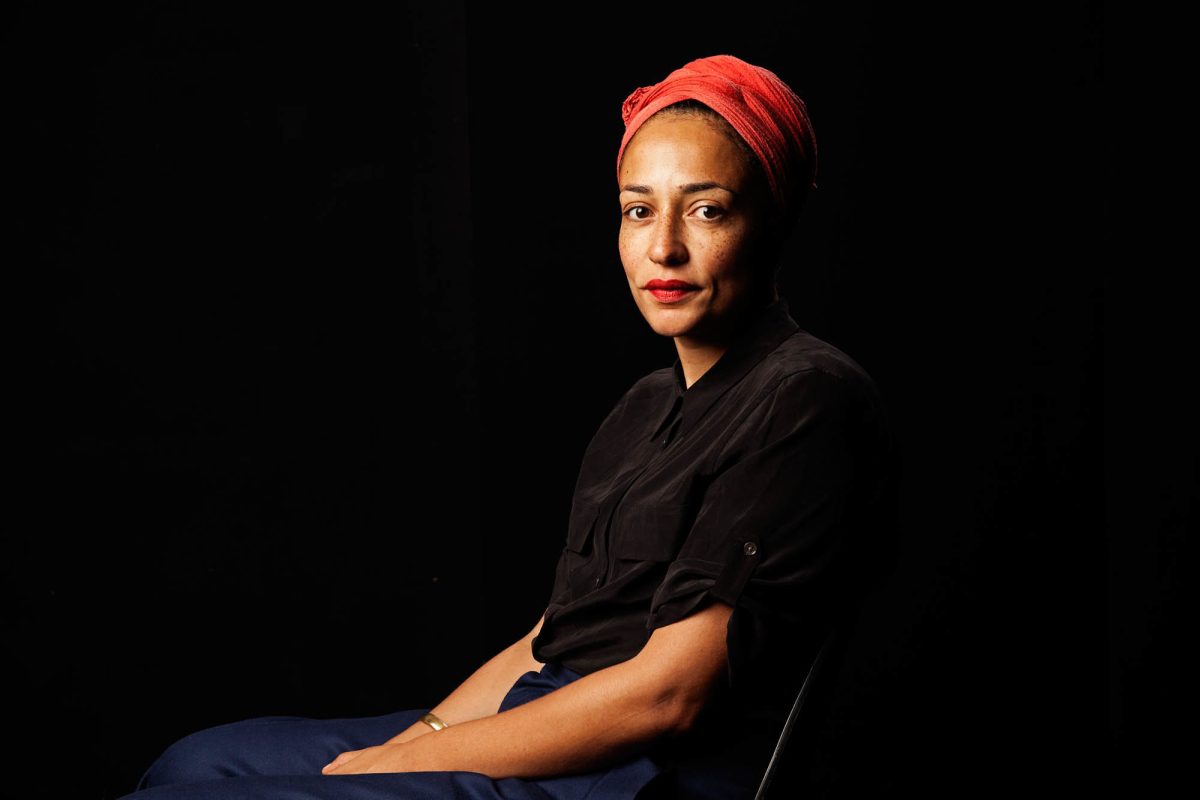The body image conversation has begun to fluctuate for the better. While the “thick chicks” and “dad bods” are finding a little mainstream sex appeal, those who have a little less meat on their bones than most are fighting for their right to be thin. And let’s be honest; both sides are right. But we live in a time where the “foggy” middle ground is in the form of the “it” figures shown in the media today: the shapely thighs with toned cheeks, the built frame with strong but not too “jacked” arms (a personal preference of mine), or the curvaceous midriff with an ample chest…just enough to be ogled and envied by any individual.
Growing up, and even today, it was hard looking at images of what TV, movies, and even the internet see as the ideal body type. Growing up, my stomach and arms and legs became much bigger than 9 out of 10 doctors recommend by age of 7. I’ve always been a big girl with not-so-thick skin; struggling to get to that “healthy” weight and always coming up short. At many elongated points, I just gave up on trying. It hurt to mentally convince myself that I was too fat to continue acting once I came to New York, even though it is my first true love. It hurt even more that I convinced myself I wasn’t allowed to be with anyone because of how big I was compared to any other girl that I knew or saw on the street. To a certain extent, I convinced myself I was destined to be fat and single the rest of my life. It took up until about two months after my 21st birthday to look at my entire body in the mirror for the first time and actually say “This is OK.” A doctor’s appointment or two during the summer, I created my own regimen and gave up soda and candy (it hurts to walk by the soda in the caf now, but I survive). And for the last few months, I have had a better perspective on my body, what its limits are, and how I can improve it for my own happiness instead of others. Recently that healthy thought process took a temporary backseat…
Earlier this month, Canadian comedian and blogger Nicole Arbour released a video called “Dear Fat People”. I had watched only one of her videos prior to this; criticizing young women who label themselves as “Instagram models”. I could only describe it as a criticism sandwich: with her actual insight and reasoning on the female image on social networks being the thin layer of bologna surrounded by the forced, starchy content that was her jokes. I did not enjoy it, so I knew I would especially not enjoy “Dear Fat People”.
The moment I saw it continuously shared by my friends on Facebook, I ignored it. When it started to trend, I fought my urge to read an article or two for about a couple hours or so. Almost every source covering the video that I ended up reading labeled her as a bully; citing her dismissal of the term “fat shaming” and how being overweight shouldn’t qualify as a disability because it is a self-inflicted choice. Funny enough, the more I read these things, the less angry I got. Nicole Arbour is no different than the boys, girls and teachers in middle and high school who barely knew me and whose nasty words about my body were thinly veiled by the excuse that they were looking out for me, something I know alot of individuals from any background have had to deal with. Ironically, the quotes and articles I read, the conversations I had with my friends about the whole ordeal carried a heavy mental load for me the following weekend.
I placed this woman who I know nothing about in the same circle as the people from my past who fearlessly pointed out my weight and how I would go absolutely nowhere because of it. But I also feared my self-esteem would hit the rock bottom that I felt trapped in for so long throughout my life so far. And it did hit me, several times throughout the week. Eventually, I finally decided to work on bouncing back, getting back to my good habits; and I actually chose to watch the video that made so many heads spin…
What made “Dear Fat People” so hard to watch was not just Arbour’s comments on overweight individuals, it was her commentary on every other group as well. In between her quick edits and filters were jokes including the homosexual and the Middle Eastern community. Her easiness to makes these quips just added fuel to several already dangerous fires; which she justified due to her placement in the entertainment industry. During her visit to “The View”, Arbour brings up that she can only be seen as a “bar chick” stereotype in movies and TV due to her gender and body image. She goes on to say that if she were a man, her videos would have been applauded and respected for her honesty. Arbour’s presumptuous idea of how the entertainment industry will always see her is no different than how I saw myself as a fat young woman struggling with my own diseases and issues. Ingrained by these stereotypes, we limit ourselves from creative individuality and uniqueness; and in Arbour’s case, she is willing to bring everyone down with her. YouTube personality and TV host Grace Helbig said it best in her Oops We’re All Humans video: “I’m all for [Arbour] being a contrarian and wanting to start an alternative conversation…[but] it looks like [she’s] using a controversial, personal subject to leverage subscribers and attention in a negative way.” A rarely emotional Helbig wasn’t lying; immediately after Arbour’s video and YouTube page was shut down, she boasted in crying “censorship” and gaining followers on her Twitter and Facebook page. But every action has more than one reaction; Arbour’s name is still being dragged in the dirt by mainstream media and other popular YouTubers.
“Dear Fat People” represents the ongoing dark side of the body image conversation. But the progression of body size acceptance has had a bigger spotlight shined upon it. As I walk my huge, strong thighs down the street, I cannot help but to keep my head held high: in confidence of myself and the countless others supporting anyone who fear looking in the mirror.








www.lasofertas.info • Oct 2, 2015 at 6:07 am
Thanks very nice blog!